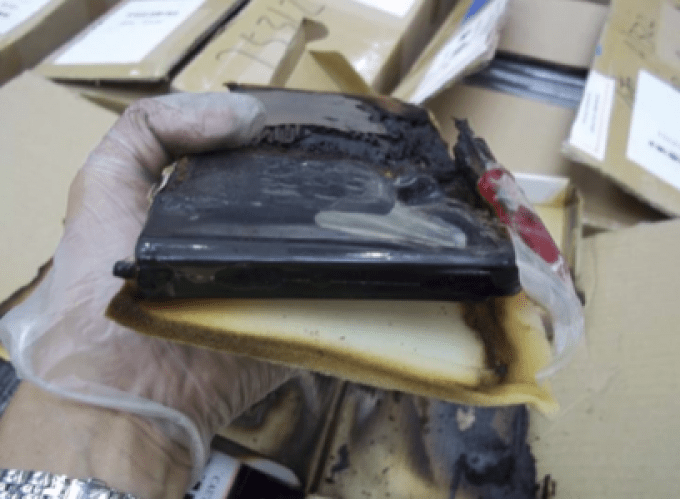IATA to downgrade air cargo growth forecast 'to something more sustainable'
IATA’s air cargo 2025 growth forecast for yields and volumes is set to fall, after ...

The International Civil Aviation Organisation (ICAO) has approved a temporary ban on the transport of rechargeable lithium batteries in passenger aircraft from April 1 – but it is not binding.
It said the prohibition would remain in force until new packaging standards are found, which is expected by 2018.
At the end of ...
Bad news for shippers as wave of transpacific rate increases continues
No deals with carriers, say Houthis – Red Sea safe for non Israel-affiliated ships
Rapid transpacific capacity build-up continues – can USWC ports handle it?
Schenker's Shirley Sharma Paterson moves to K+N as global head of sales
Red Sea crisis has driven most new capacity into extended Asia-Europe trades
Carriers on the hunt for open tonnage again as transpacific rates soar
Crew forced to abandon ship in latest fire on vessel carrying EVs
Dates to watch for in the latest chapter of TACO's tariff travail

Comment on this article